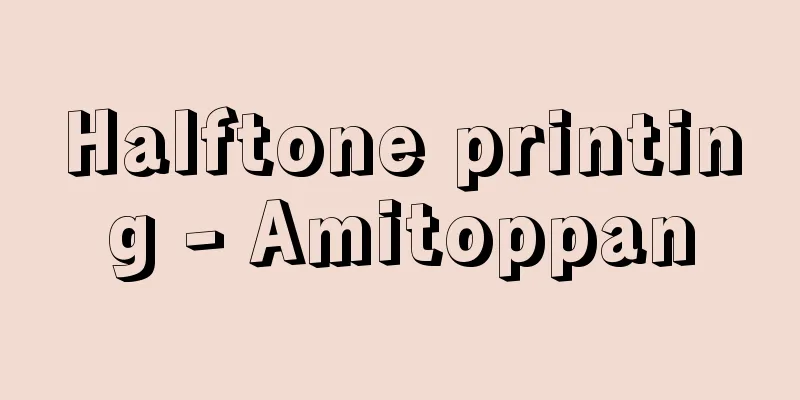Front cover - Saibari

[1] [Noun] ① A general term for a series of songs sung in the second (middle) part of the Kagura (dance) at the Imperial Court. They are sung between the Torimono (collection) part and the Hoshi ( star) part of the third part. They are divided into O-saibari (large front-row) and Ko-saibari (small front-row) . O-saibari is a tanka-style poem with irregular lyrics that incorporates or repeats accompaniment words, while Ko -saibari is originally an irregular folk song. The former is of a high class, while the latter is of a commoner style. There are theories about the origin of the word Maebari, such as that it was taken from a Saibara song or that the song "Saibarini ga robe wa somen" is one of the O-saibari. ※Gyokuyo-Nin'an 3 (1168) November 24 "Next Kagura Begins〈abbreviation〉Next Torimono〈abbreviation〉Next Maebari" ② A type of hakama. It is worn under the half-buttocks (hanjiri) of the child costume. It is called maebari because the front of the hakama is covered with ozeikou and the back is covered with seiikou. [Essays, Matsuya Notes ( around 1818-45)] [2] (also called "Hajime") (1) One of the seven pieces of omaebari (large front skirt) in ①.Mae-bari mae... [Mae-bari]Source: The Selected Edition of the Japanese Language Dictionary About the Selected Edition of the Japanese Language Dictionary Information |
[1] 〘名〙① 宮廷の神楽(かぐら)の第二部(中間部)で歌われる一連の歌の総称。第一部の採物(とりもの)と第三部の星の間に歌われる。大前張(おおさいばり)と小前張(こさいばり)とに分かれる。大前張は短歌形式の歌詞に、はやしことばを入れたり、反復したりして不整形にしたもので、小前張は本来不整形な民謡風のもの。前者は格調の高いもの、後者は通俗のものである。前張の語源については、催馬楽(さいばら)の歌を取り入れたからとか、「榛(さいばり)に衣は染めん」の歌が「大前張」の一つにあるからだとかの説がある。※玉葉‐仁安三年(1168)一一月二四日「次御神楽始〈略〉次取物〈略〉次前張」② 袴の一種。童形装束の半尻(はんじり)の下に着用するもの。袴の前面に大精好(おおぜいこう)、後面に精好を用いて前方を張らせることからいう。まえばり。〔随筆・松屋筆記(1818‐45頃)〕[2] (「榛」とも) (一)①の大前張の七曲中の一曲。
まえ‐ばり まへ‥【前張】出典 精選版 日本国語大辞典精選版 日本国語大辞典について 情報 |
Recommend
Eteokles (English spelling)
…When Oedipus became blind and left the country, ...
Passing through
The title of a Japanese song. It is based on a chi...
Cabaret - Cabaret
In the same year, Ernst von Wolzogen (1885-1934) ...
Koto score - Kinfu
...In China after the Xinhai Revolution, the use ...
Yellow cocoon thread - Kimayuito
...Thread spun from a dupioni cocoon is called du...
Kagami-shuku
This was the name of a post station on the Tosando...
Loan - Okashitsukekin
These were loans made by the Edo Shogunate to samu...
Asthma - Asthma
Asthma includes bronchial asthma, cardiac asthma,...
Crocodile - Kurokodairu (English spelling) crocodile
A general term for crocodiles belonging to the or...
Phosphate bead test
…It is also called a bead reaction. It utilizes t...
Vienna Music Academy
…In the UK, there was the Royal Academy of Music ...
Lethrinidae
...They are served as sashimi, grilled with salt,...
Exeter
It is the capital of Devon County in southwest Eng...
Carving
…the sculptures created by this method are called...
Ishigaki [city] - Ishigaki
A city in Okinawa Prefecture that occupies the ent...









